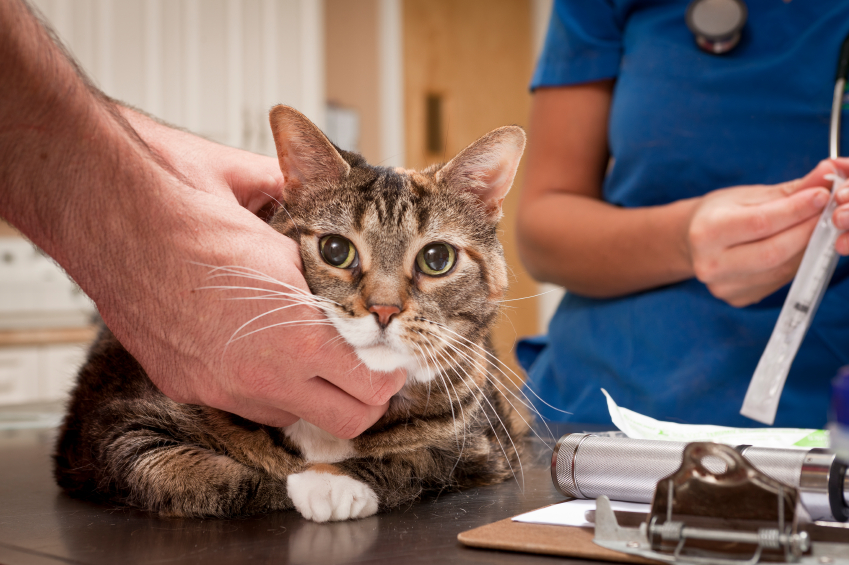For many years now, Clappison Animal Hospital has been offering bloodwork prior to anesthesia and in some cases heavy sedation. A long time ago, in a galaxy far, far away, when I first graduated; such bloodwork was typically only advised for older and infirm patients. There is no question that as animals age, they are less resilient to the effects of an anesthetic and are more likely to have pre-existing/ongoing health issues to consider.
But we should not assume that youth alone guarantees perfect health and anesthetic safety. Young animals can have abnormalities which bring the safety of anesthesia into question and may in some cases delay the procedure or direct us to modify the drug protocol for such a patient. Luckily, this is not often the case… the majority of animals have excellent bloodwork and sail through their anesthetic just fine.
A simple blood sample is fast, non-invasive and gives us insight into many different organ systems all at once. In addition, if changes are noted and more testing is needed for interpretation, we can often request such tests from the laboratory without making another trip to the clinic.
The bottom line is safety for the patient. With bloodwork in hand prior to starting an anesthetic, we can better prepare ourselves for what to expect during and after the procedure. It is valuable information to have, regardless of the age of the animal.
If your pet requires an anesthetic in the near future, please consider this important diagnostic step as part of the preparation and planning. Please note that all of our blood samples are run at a veterinary laboratory separate from the clinic, and therefore samples must be taken prior to the day of the procedure… ideally 1-2 weeks beforehand.
by Dr. Stephen Longridge




